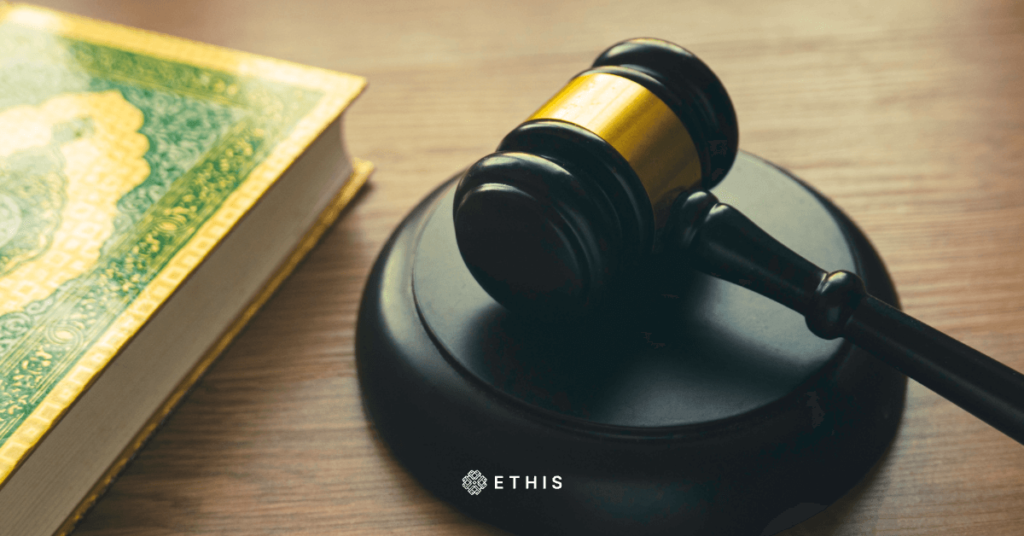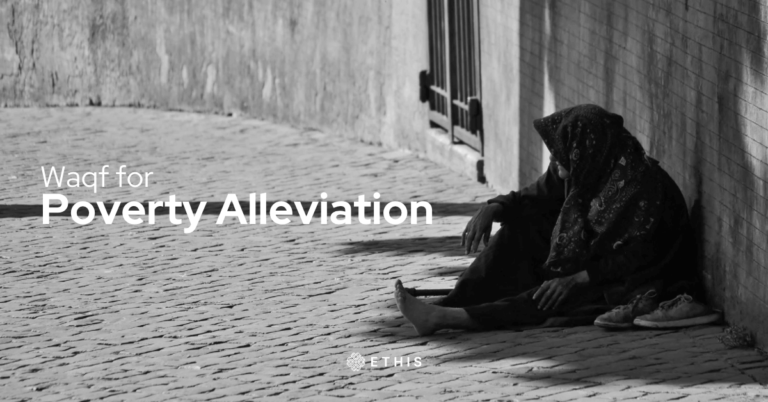
By Adnan Opeyemi Salaudeen: Poverty is one of the primary challenges of humanity. One of the most critical missions of the United Nations Sustainable Development Goals (SDG), founded in 2010, is to eliminate poverty by 2030. Poverty is characterised as a situation in which a community or a segment of the population can only meet their basic needs, such as food, clothing, and shelter, to maintain a minimum standard of living.
The Global Monitoring Report defined poverty as the proportion of the population that lives on less than USD1.25 a day. According to the World Bank, 2.8 billion people, or nearly half of the world’s population, live on less than US$ 2 per day, and 1.2 billion live on less than $1 per day. Africa is one of the areas that is uniformly impacted by the threat of poverty. In Sub-Saharan Africa, more than 60% of the population live on less than US$1.25 a day. Almost 90% of Africa’s poor people live on less than US$2 a day, and the rate of poverty is rising (World Bank, 2019).
The call for inclusive and sustainable development has intensified since the beginning of the 21st century. The concept of human wellbeing is central to all development agendas, policies and schemes. For the socio-economic development of the vulnerable sections of society, the provision of a solid social security net is indispensable. The scale and mechanisms of existing social security models may vary across national boundaries, but their underlying motives are almost the same.
SDG’s and the objectives of the shariah


Little is it known that there is a close connection between SDG goals and the five objectives of shariah. This is where waqf comes in as a suitable tool to promote SDG goals. Waqf is basically a shariah-based voluntary institution that is envisioned to function in line with the Maqasid al-Shariah (Objectives of Shariah) to achieve SDG goals. In this context, it is critical to underline that SDGs’ framework has many commonalities with the Maqasid-based development agenda. For example, SDG’s poverty and hunger eradication connect with the Maqasid’s preservation of life.
Comparing waqf with a conventional charitable trust, the high legal flexibility of waqf makes it more fit for achieving SDG goals than a charitable trust. The central focus of the Maqasid and SDGs is sustainable and inclusive growth. Maqasid-based development schemes require modern awqaf to be tweaked and the SDG framework’s inclusiveness establishes a shared ground between them and the Maqasid. In fact, The Islamic Development Bank (IDB) has already taken an initiative to emphasize the potential role of awqaf to accomplish Maqasid-based SDG-like developmental goals, particularly among IDB member countries.
Role of waqf


One of the reasons why waqf is a perfect framework for SDG’s poverty alleviation goals is that both waqf and SDGs are associated with development. The waqf role has been instrumental in developing societies and potentially it can serve as a catalyst in resolving the menace of under-development in contemporary times, which is all the seventeen SDG’s goals aim to achieve. Waqf and SDGs share common goals.



The inclusiveness of the SDGs’ framework creates a common ground between SDGs and the Maqasid al-Shariah and perhaps the infusion of the Maqasid Al Shariah within the framework of Waqf-based development can automatically generate a point of conjunction between waqf and SDGs.
Waqf governance and management framework


According to AAOIFI standards (AAOIFI, 2017), the operation and management of waqf should consist of the following organs of governance:
1) Waqif (Donor)
A waqif is either an individual or a juristic person who donates the waqf, and he has a legitimate interest. Waqif is also a stakeholder in the waqf, subject to the terms and conditions in the waqf agreement (Deed). Waqif, as part of the waqf governance’s organ, prepares the waqf deed by clearly stipulating the objective, vision and mission of the waqf waqif holds the right to either be in charge of the governance and management of the waqf (unless prohibited by the law of the respective jurisdiction) or appoint a nazir (Mutawalli), by which he may supervise the work of the waqf.
2) Nazir (Mutawalli)
Every waqf must have a nazir (unless the waqif keeps the governance and management rights to himself in rare circumstances). A Nazir may either be part of a board of nazirs (strongly recommended by AAOIFI standard), an individual nazir, or a juristic person nazir, or a state nazir. Either group or individual shall hold the responsibility for a waqf, both legally and as per shariah principles and rules. The nazir shall also be responsible for governing, supervising and conducting waqf affairs and taking care of its development and sustainability.
3) Shariah supervisory function
According to AAOIFI, the shariah supervisory function of a waqf, taking into consideration nature and its relative size in terms of resources and operations shall generally comprise of Shariah Supervisory Board (SSB) management’s responsibility for shariah compliance which may include establishing an internal shariah compliance function and internal shariah audit functions.
4) Internal Audit
Those obligated with governance shall establish an internal audit function which shall functionally report to the audit committee or the nazir (if there is no audit committee) according to AAOIFI.
Administratively, the internal audit function shall report to the senior management. The internal audit function shall refer to the “International Standards for the Professional Practice of Internal Auditing” issued by the Institute of Internal Auditors. The internal audit function is responsible for measuring the reliability of financial and operational information compliance with regulations, internal standards, and policies of the waqf. They also assess the adequacy of the risk management function and relative efficiency and effectiveness of operations with the waqf management.
5) External Audit
The waqf management shall appoint an independent external auditor duly eligible to perform such services under the respective jurisdiction regulations and have the necessary competence and reputation to conduct an audit of the waqf’s financial statements. The appointment of the external auditor is liable to the recommendation of the internal audit committee with authorisation from the waqif and nazir.





Top Posts
Islamic P2P Crowdfunding Explained
Halal Money Matters: How Muslims Can Balance Deen and Dunya with Smart Islamic Finance
Halal Investments for Singapore Muslims? It’s time for a shake-up in the Islamic Investments scene.
Smart investment for making Halal money
3 Reasons Why Property Crowdfunding is the Smart Investment for You